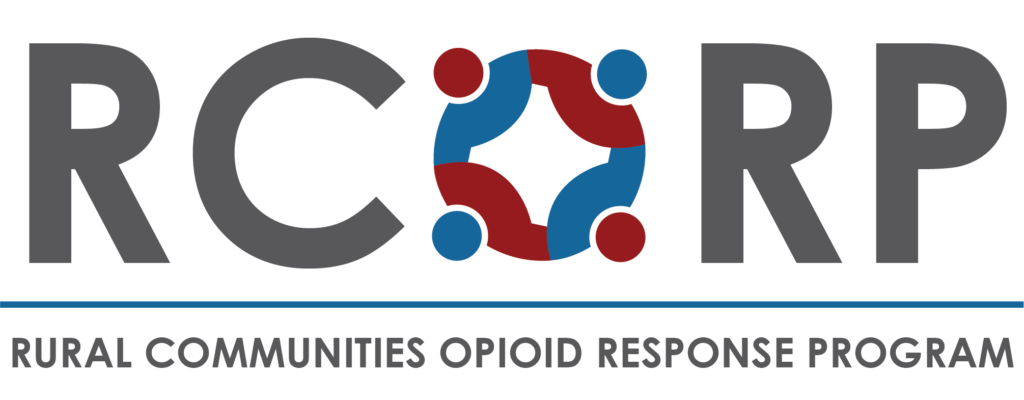Explore a research article introducing a newly validated measure for recovery housing programs.
ABSTRACT: “Background: Recovery Housing (RH), an important resource for substance use disorder (SUD) recovery, centers on shared lived experience. Program evaluation considers the contribution of environmental factors to outcomes, yet most research on outcomes has focused on patient factors and fidelity to protocols. Investigations of process measures reflecting the dynamic interplay between patient factors and the treatment program are limited. Alliance, one’s perceived connection with others, is a process measure associated with mental health outcomes and includes domains “tasks,” “goals,” and “bonds.” We posit that alliance serves as a proxy construct to measure the impact of shared experience in RH.
Objectives: Develop and assess the psychometric properties of the Fletcher Recovery Housing Alliance Measure (FRHAM-12) for RH.
Methods: A cross-sectional survey with the 12-item FRHAM-12 was administered to 271 individuals (60% men, 39% women, 1% other) within six RH centers in Kentucky. Item-total correlations, internal consistency reliability, exploratory factor analysis (EFA), and confirmatory factor analysis (CFA) were conducted.Results: The FRHAM-12 was found to have a strong internal consistency (0.924 alpha coefficient) and the EFA yielded a single component (56.38% of cumulative scale variance). CFA indicated acceptable levels of absolute and relative fit of a unidimensional scale with values of 0.67 and 0.976 for the standardized root mean square residual and relative fit index.
Conclusion: This study aimed to construct and validate an initial measure for RH alliance resulted in the brief, FRHAM-12; a tool with strong internal and factor validity. Future research should examine the measure’s predictive and concurrent validity.”

